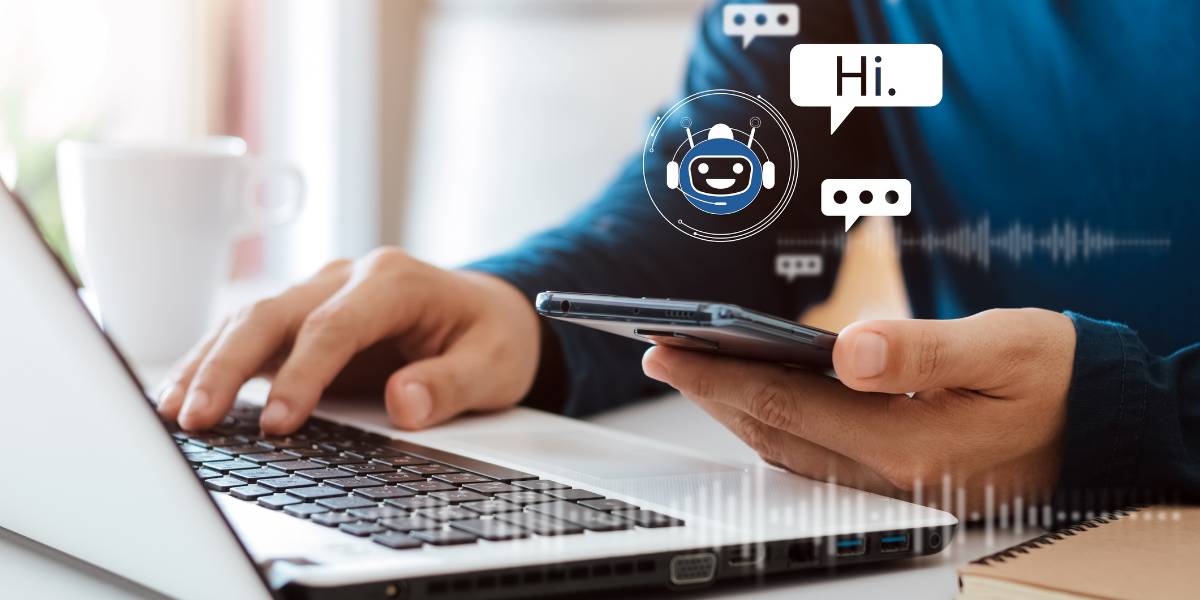Using an artificial intelligence-enabled chat tool results in more positive language, more efficient conversations and improves perceptions between users, according to new research.
AI ‘alters’ your language, meaning it has an impact on social dynamics, the team behind the new study has said.
Malte Jung, associate professor of information science, said: “Technology companies tend to emphasise the utility of AI tools to accomplish tasks faster and better, but they ignore the social dimension. We do not live and work in isolation, and the systems we use impact our interactions with others.”
- Wegovy: weight loss drug approved for NHS use
- Patents reveal Fitbit could measure blood pressure before Apple
Alongside more positive benefits to using AI chat tools, researchers also noted a negative impact. They noticed that when one user thought another was using more AI-generated responses, they felt the other user was less co-operative. They also felt less connection to them.
Lead author Jess Hohenstein said: “I was surprised to find that people tend to evaluate you more negatively simply because they suspect that you’re using AI to help you compose text, regardless of whether you actually are. This illustrates the persistent overall suspicion that people seem to have around AI.”
The study participants were divided into three groups – where both individuals could use AI-generated replies; where only one individual could; or where neither participant could use AI-generated responses.
The AI-enabled answers made up about 14.3% of sent messages – around 1 in 7, on average.
Using AI helped to improve communication efficiency and saw the use of positive language increase.
- New weight management app available to residents of West Sussex
- FDA approves first-ever drug to delay onset of type 1 diabetes
However, participants were viewed more negatively if they were suspected by their partners of using smart replies, compared to those participants who were believed to have written their own answers.
Jess Hohenstein said: “While AI might be able to help you write, it’s altering your language in ways you might not expect, especially by making you sound more positive. This suggests that by using text-generating AI, you’re sacrificing some of your own personal voice.”
Malte Jung added: “What we observe in this study is the impact that AI has on social dynamics and some of the unintended consequences that could result from integrating AI in social contexts. This suggests that whoever is in control of the algorithm may have influence on people’s interactions, language and perceptions of each other.”
Read the study in Scientific Reports.






